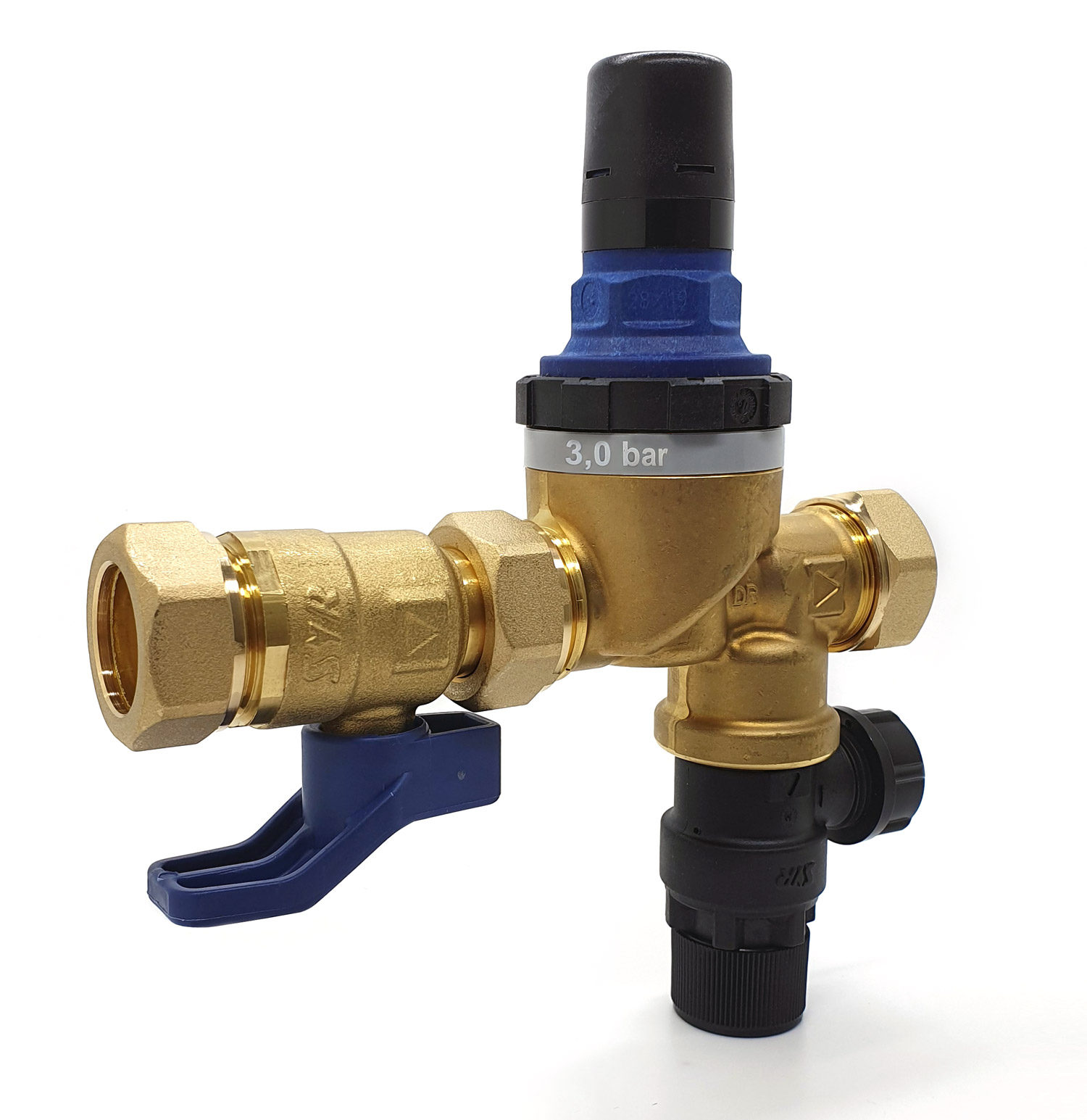- Home
- How to
- How to
- Services
- Services
- Maintenance Plan
- Location
- Guides
- Guides
- No Hot Water – Self help
- Unvented Water Heater
- Unvented Water Heater Faults
- G3 Building Regulations
- Thermal Store Water Heaters
- Thermal Store Faults
- Gledhill ElectraMate
- Gledhill PulsaCoil
- Gledhill Torrent
- Gledhill Stainless Lite
- OSO Unvented Heater
- MegaFlo – Heatrae Sadia
- Santon Premier Plus
- Albion
- Manco Riverstream and Powerstream
- Manco Gladiator & Stirling
- Telford Tempest
- Safety Considerations Unvented Cylinders
- Reduce Your Water Heating Bill
- Range Tribune
- About Us
- About us
- Forum
- Contact

-
Call Now
Specialists in Electric Hot Water Cylinders
The Combination Valve: The Secret to Your Unvented Cylinder’s Success
Your unvented cylinder is an important appliance. It’s what allows you to take luxurious hot showers and to wash up after eating. However, it can’t do its job without several other components all working together. One of the most critical is the combination valve. Not sure what the role of a combination valve is? We’re here to shed some light on that.
What Is a Combination Valve?
As the name suggests, a combination valve is an amalgam of several others. It serves many different but equally important roles in your water heater’s operation.
What Does a Combination Valve Do?
A combination valve does a variety of things to ensure the reliable operation of your cylinder and to protect your home from water and steam, including:
Pressure Reduction – The underlying principle of your unvented cylinder is that internal pressure provides better performance across all levels in your home. That’s how you can enjoy mains pressure hot water at ground level and on the highest floor. However, the mains pressure could be much higher than this and would damage the cylinder. A pressure-reducing valve ensures that all incoming water is at a safe pressure.
Backflow Prevention – There is always a risk that water may flow backward in a plumbing system. That could allow water from inside your cylinder to flow back to the mains, where contamination might occur. To prevent that, a check valve is used. It’s built into the combination valve in most instances and ensures that water flows in one direction only (from the mains to your cylinder).
Note that some cylinders may have a double-check valve for additional safety. You’ll need to verify with your specific model to verify whether you have a single or double-check valve.
Particulate Protection – While the water from the mains is potable, that does not mean that it doesn’t contain foreign bodies. A filter is built into your combination valve to help prevent debris from entering the system where it might cause problems. The downside here is that as debris builds up on the filter, flow is reduced. Eventually, the filter will need to be cleaned or replaced.
As you can see, your combination valve is critical to overall cylinder operation. Without it, you might not get hot water at all, or your cylinder could be a danger. That’s why it’s critical to pay attention to the condition of your combination valve and have your cylinder serviced regularly. With annual service, the valve will be inspected, as well as the exterior of the cylinder. The cylinder will also be assessed for performance, and it will be drained to remove sediment build-up within it.
Many homeowners assume that they can take care of unvented cylinder maintenance on their own. However, this is not the case. Yes, you can maintain a vented cylinder, but under UK regulations, only G3-qualified engineers should install, repair, or maintain unvented cylinders due to the potential risk they pose. If your combination valve is showing signs of leaks or you’re experiencing other problems with your unvented cylinder, get in touch with us at EasyFlow.
Iain, Nantwich
13 October 2025
Annual Service
Excellent service as always.. Highly recommendable.
Peter , Nantwich
16 September 2025
Annual Service
Very pleased with all aspects of the work completed by your knowledgeable staff.
Barry, Royton
13 June 2025
Replacement Valves
Tom, Manchester
20 May 2025
Replacement Valves
Raymond, Lancashire
1 May 2025
Annual Service
Vickie, Didsbury
10 April 2025
Annual Service
Raymond, Reddish
17 March 2025
No Hot Water
Brenda , Liverpool
12 February 2025
Installation
Gianfranco, Uk
18 February 2025
Annual Service
As always the serrvice was done efficiently and the surrounding area left clean and tidy.
Anne, Manchester
30 January 2025
Annual Service

© 2026 EasyFlow Water Limited. All rights reserved








Find out what our clients are saying about the services we provide
Click to view